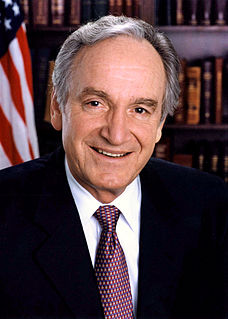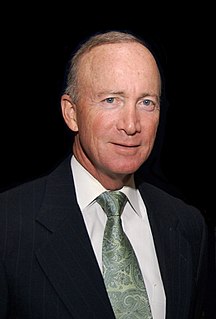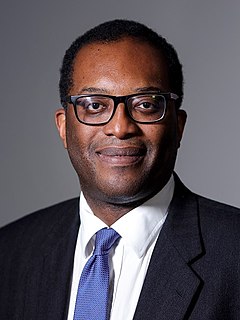A Quote by Marty Nemko
Liberalism's key principle is to redistribute wealth from the haves to the have nots. That takes money from the entities with the greatest potential to improve society (for example, corporations that create jobs, invent life-saving medicines, etc.) and redistributes it to the people, whom on average, will never contribute more to society than to hold a menial job.
Related Quotes
The classics of Marxism talked of communism as a society to which a modern society should aspire, a society truly fair, where the relations of monetary exchange were not the priority but one wher the people's needs could be satisfied, and where people would not be worth more according to how much monetary wealth they acquired. Instead their value would be based on their contribution to society as a whole. It would be a society without class that would accept people based on their capabilities and their potential to contribute to that society.
In a fair society, the solution to unemployment is not to force people into workfare programmes which do little more than supply big companies with free labour. It's to create jobs that pay a living wage, for example, by investing in new sustainable infrastructure projects and boosting the jobs-rich low carbon economy.
The burning issue of our time is the growing inequality in income and wealth in our country, and it's got to be addressed. We've got to stop it. It's eroding our politics. It's separating our society into the haves and the have-nots. It's condemning a whole younger set of our population to not be able to enter the middle class. And, it hits hardest in the prairie areas of the United States, our small towns and communities, where the jobs just aren't available and the incomes are low.
There is this fashionable progressive notion that everything is so completely political that the idea we could have some sort of neutral legal process is practically utopian - because we all know that the more money you have, the more rights you can exercise in this society. But I don't think that you deal with income inequality by limiting the First Amendment rights of affluent people. I'd rather see people screw around with the tax code to redistribute wealth a little bit than screw around with the First Amendment.
































